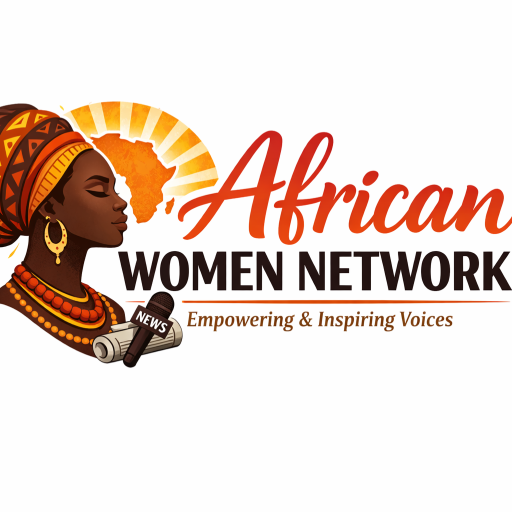
UN Women has invested $219.6 million in women-led civil society groups globally, including Africa, advancing gender equality and grassroots leadership.
This investment is more than just a financial pledge; it is a bold statement that women are not just participants in development,they are architects of transformation.
Across Africa, women-led CSOs have long been at the forefront of social change. From advancing reproductive rights and education to combating gender-based violence and advocating for political inclusion, these grassroots organizations work within communities, often filling gaps where formal systems fall short.
By investing directly in these fearless changemakers, UN Women is acknowledging a truth well known in development circles: when women lead, communities thrive.
Women’s political representation remains uneven across the continent, despite progress. In Rwanda, women hold over 60% of parliamentary seats,the highest in the world while other countries lag far behind.
UN Women’s funding aims to support programs that train, mentor, and support women entering politics, ensuring they have the tools and networks to succeed.
From rural councils to national parliaments, women’s presence in decision-making spaces changes outcomes. Studies consistently show that women leaders prioritize social spending, education, and healthcare, and are more likely to pass gender-sensitive legislation.
The investment is helping to break structural and cultural barriers that have historically excluded women from political life while ensuring that leadership is not just about representation, but inclusive governance.
Backing Women in Business
UN Women’s investment also supports women’s economic empowerment, especially those running small and medium-sized enterprises (SMEs) across the continent.
In many African countries, women make up the majority of informal traders and own nearly 30% of formal SMEs. Yet they face major hurdles, including limited access to credit, restrictive laws, and discriminatory social norms.
By channeling funds into women-led CSOs that provide business training, micro-finance, legal support, and market access, UN Women is creating an ecosystem where women entrepreneurs can scale their businesses, create jobs, and drive innovation.
Moreover, investing in women-owned businesses is economically sound. The McKinsey Global Institute estimates that advancing gender equality in Africa could add $316 billion to the continent’s GDP in 2025. The math is simple: Empowering women powers economies.
The impact of this funding is already visible: In Kenya, women-led organizations have expanded legal aid services for survivors of gender-based violence, while also pushing for gender quotas in political parties.
In Nigeria, grant-supported incubators are helping young women launch startups in agri-tech, fashion, and digital services.
In Senegal, local women’s groups have been pivotal in mobilizing rural women to participate in civic decision-making and electoral processes.
In South Africa, supported CSOs are addressing gender-based violence through community education and survivor support.
These are not isolated success stories, they are evidence of systemic change led by women, for women.
UN Women’s strength lies in its partnerships, with grassroots organizations, governments, private sector allies, and international donors who believe in the power of real, lasting transformation.
This $219.6 million investment is both a reflection of that trust and a strategic push to scale impact across Africa and beyond.
As the world grapples with rising inequality, climate change, and political instability, investing in women-led solutions is not just morally right, it’s strategically wise. Africa’s future depends on tapping into the full potential of its women leaders, entrepreneurs, and activists.




